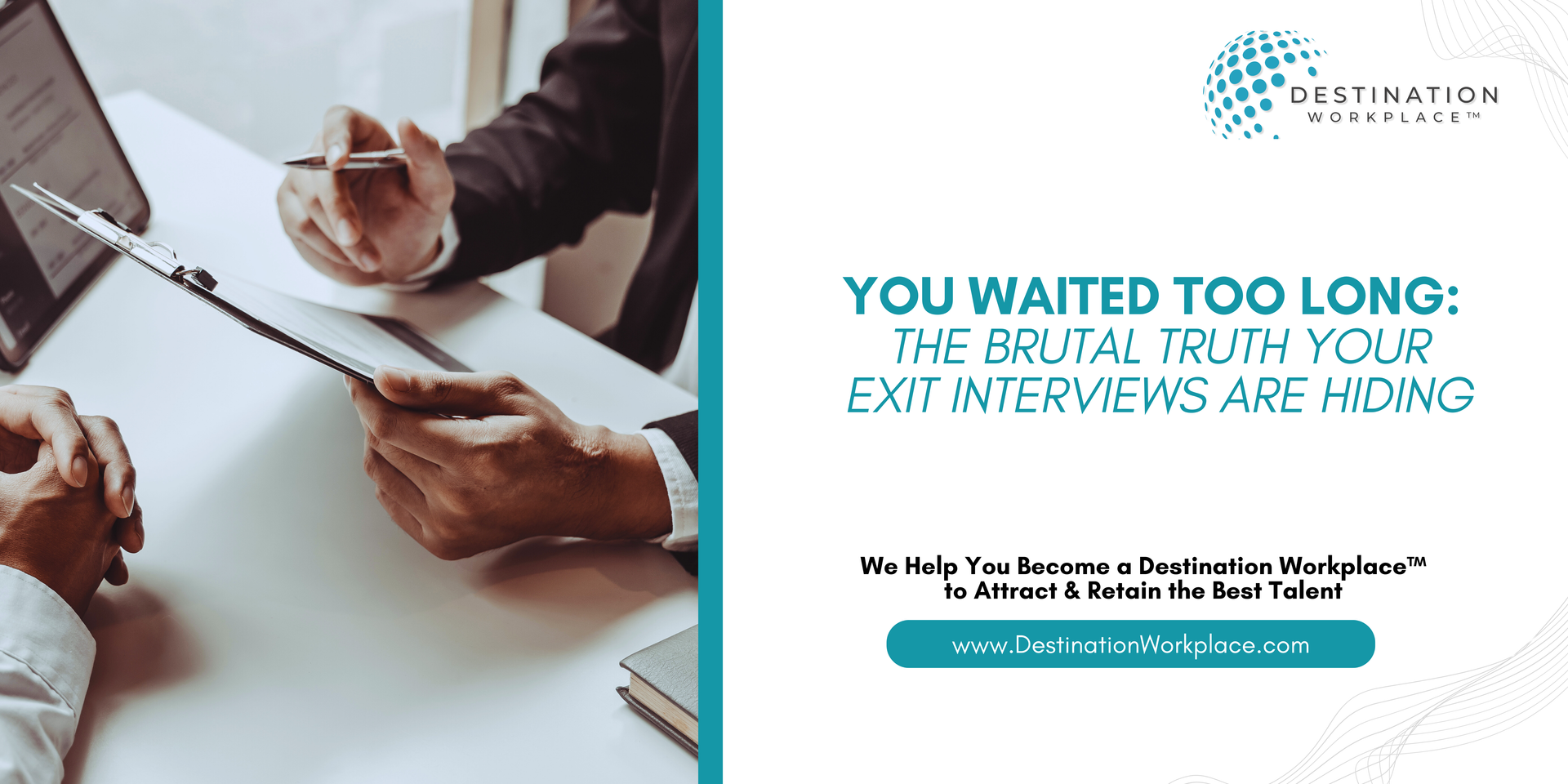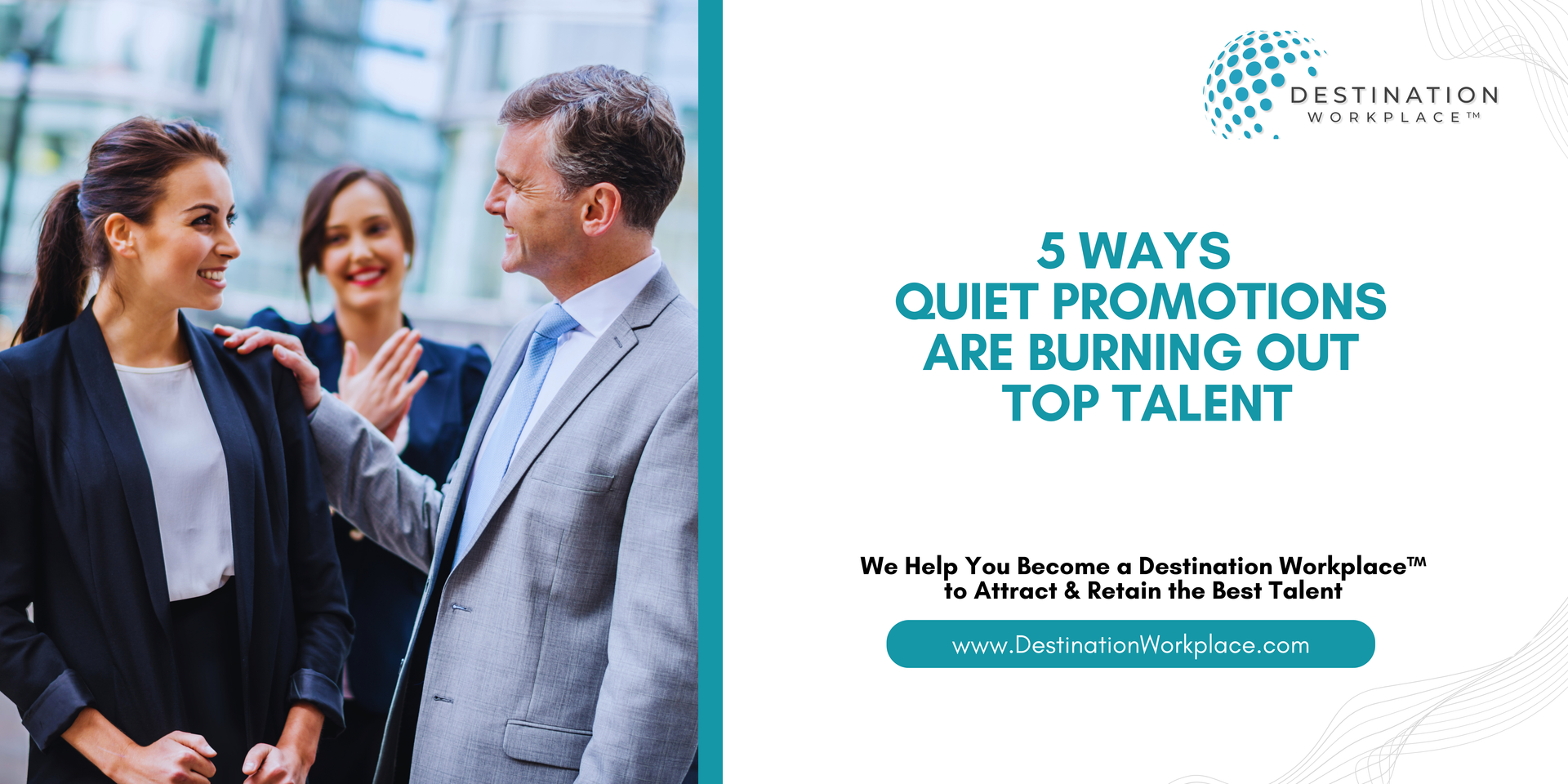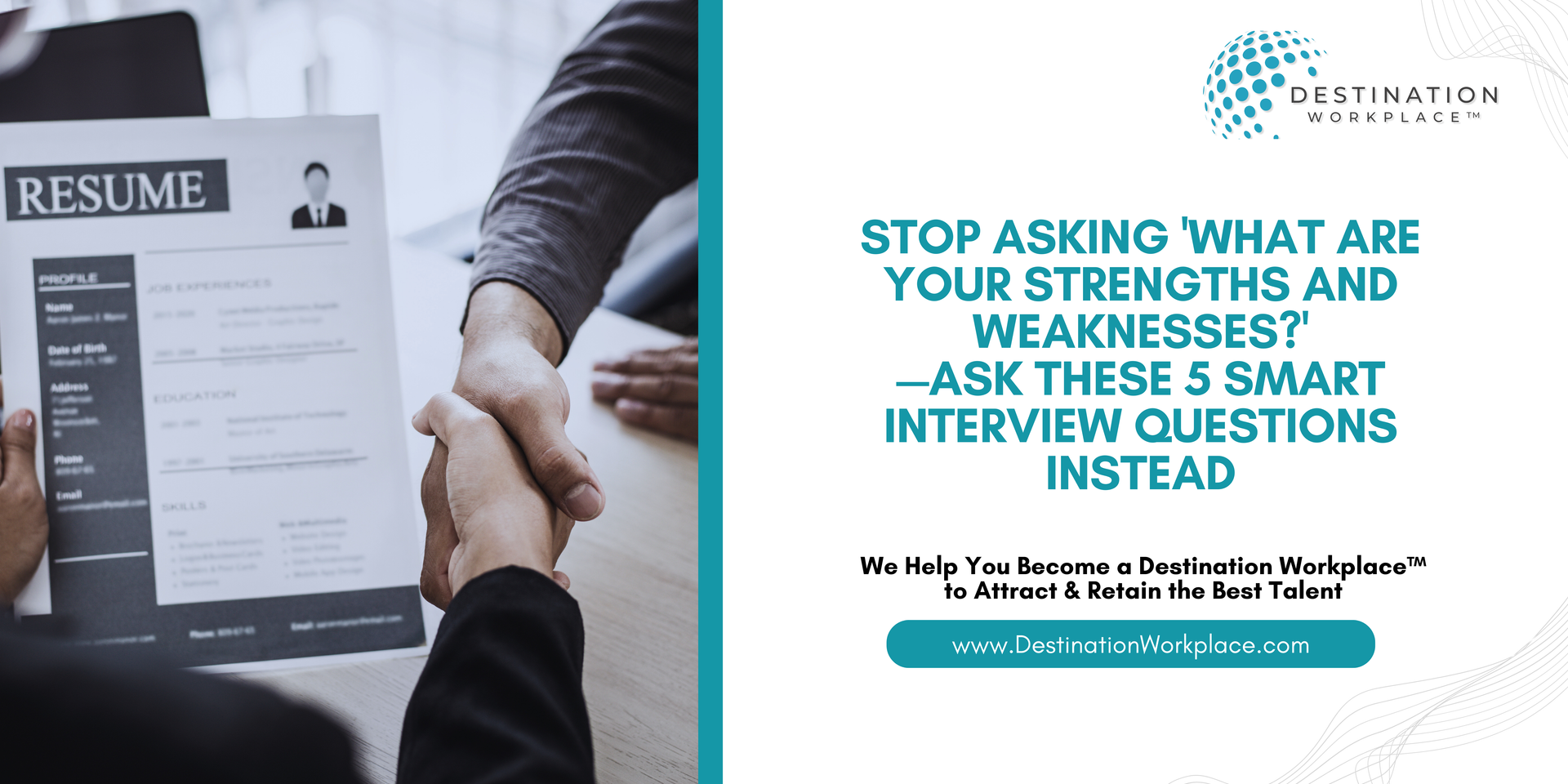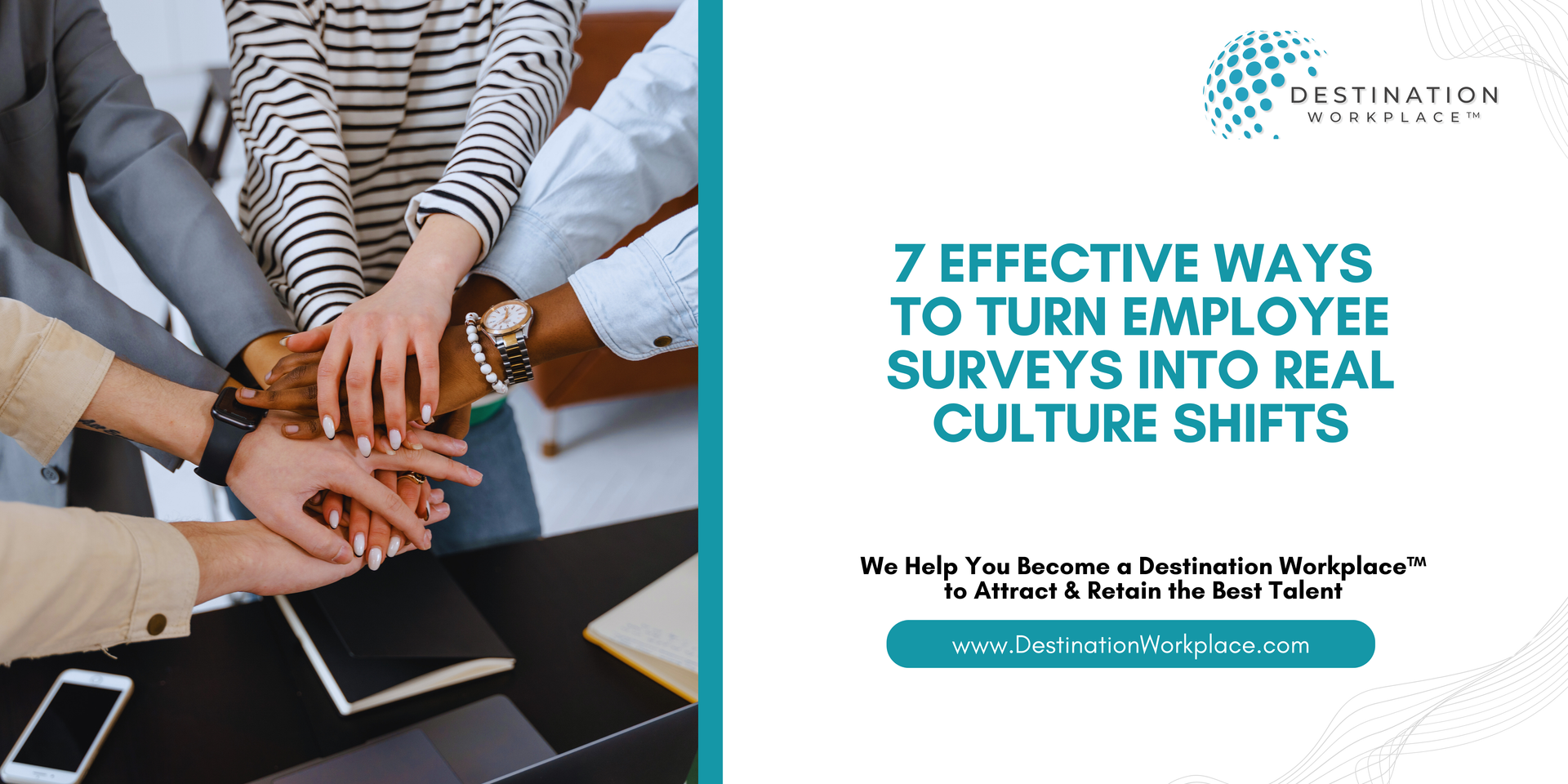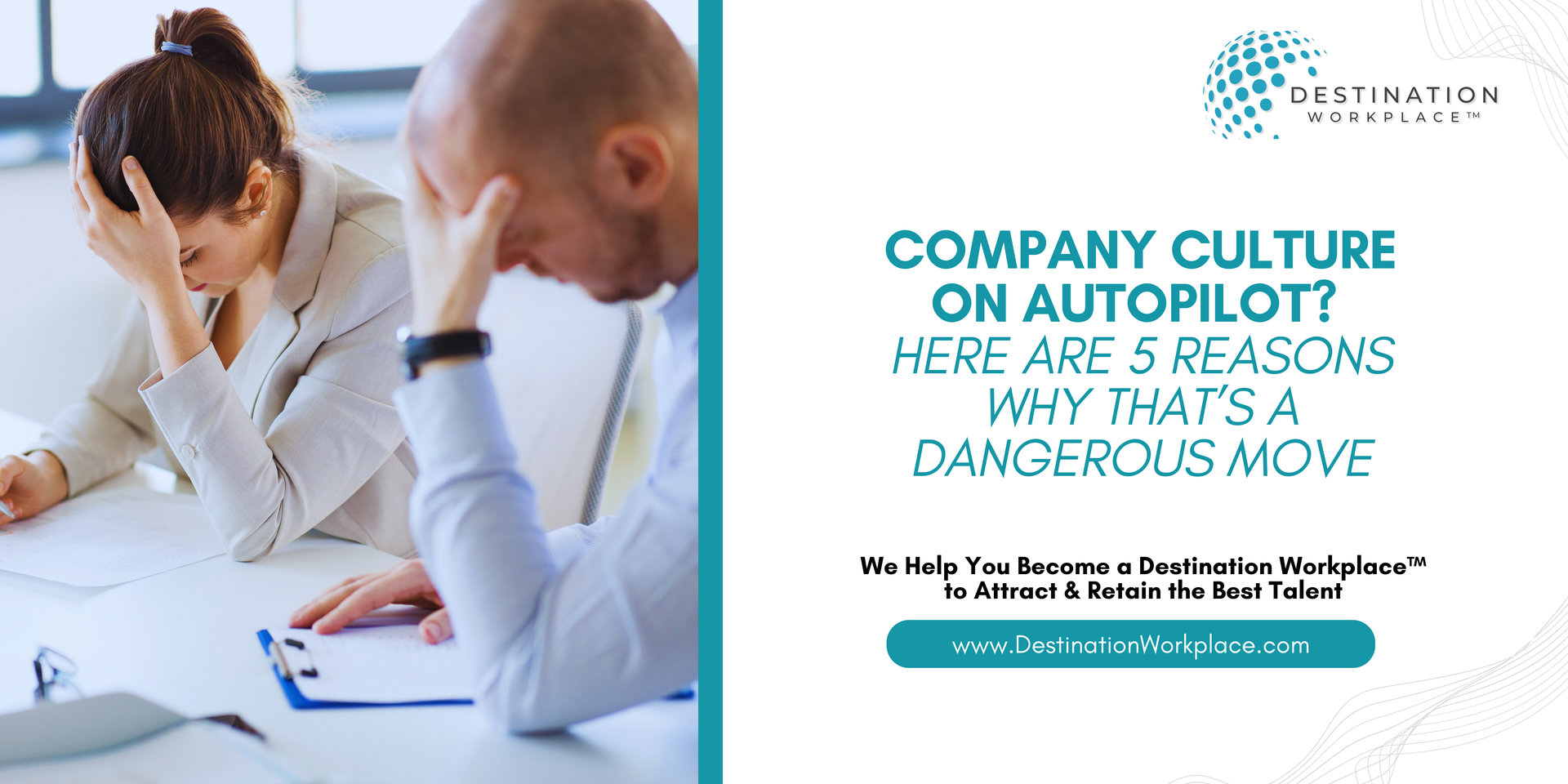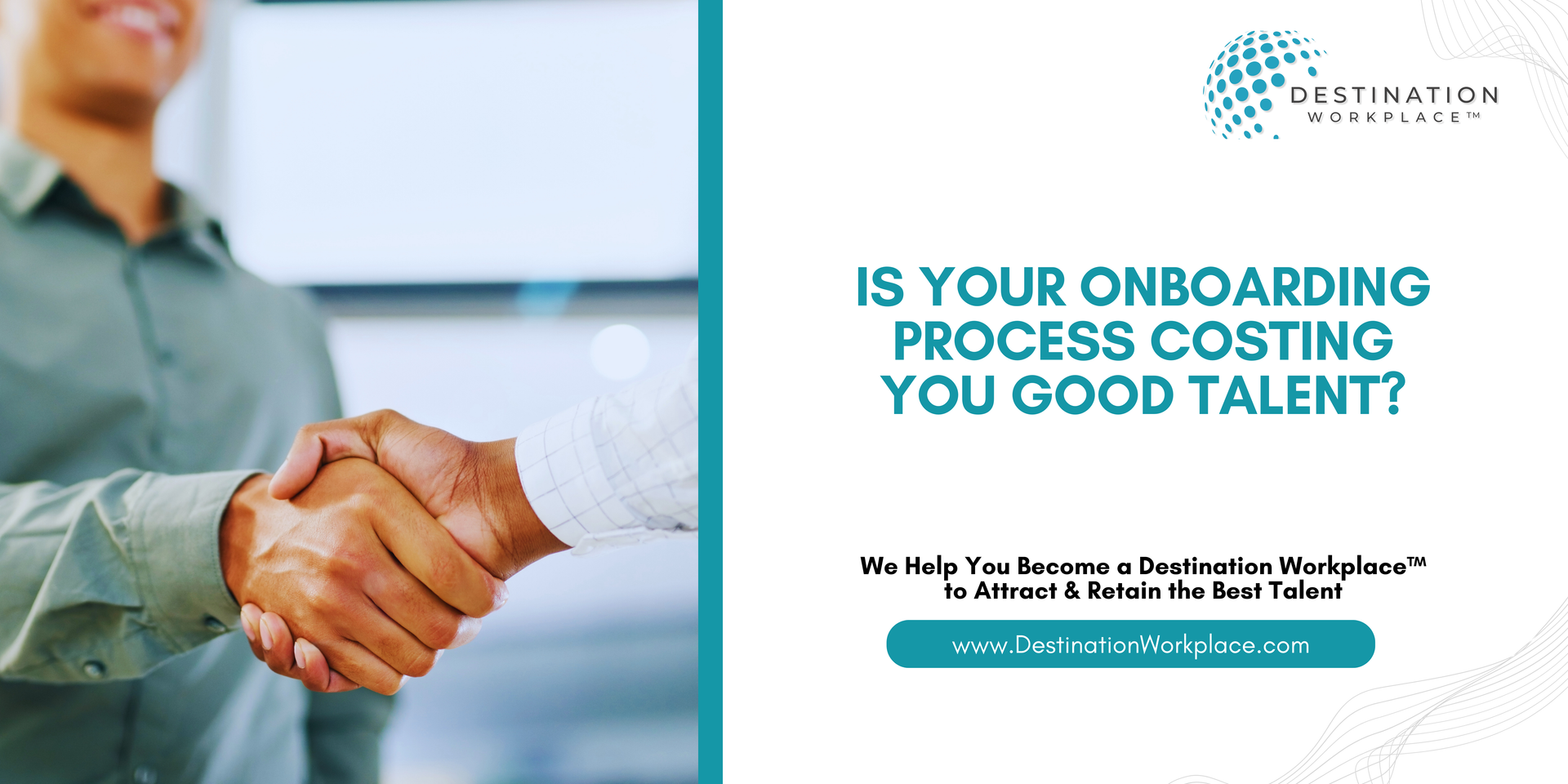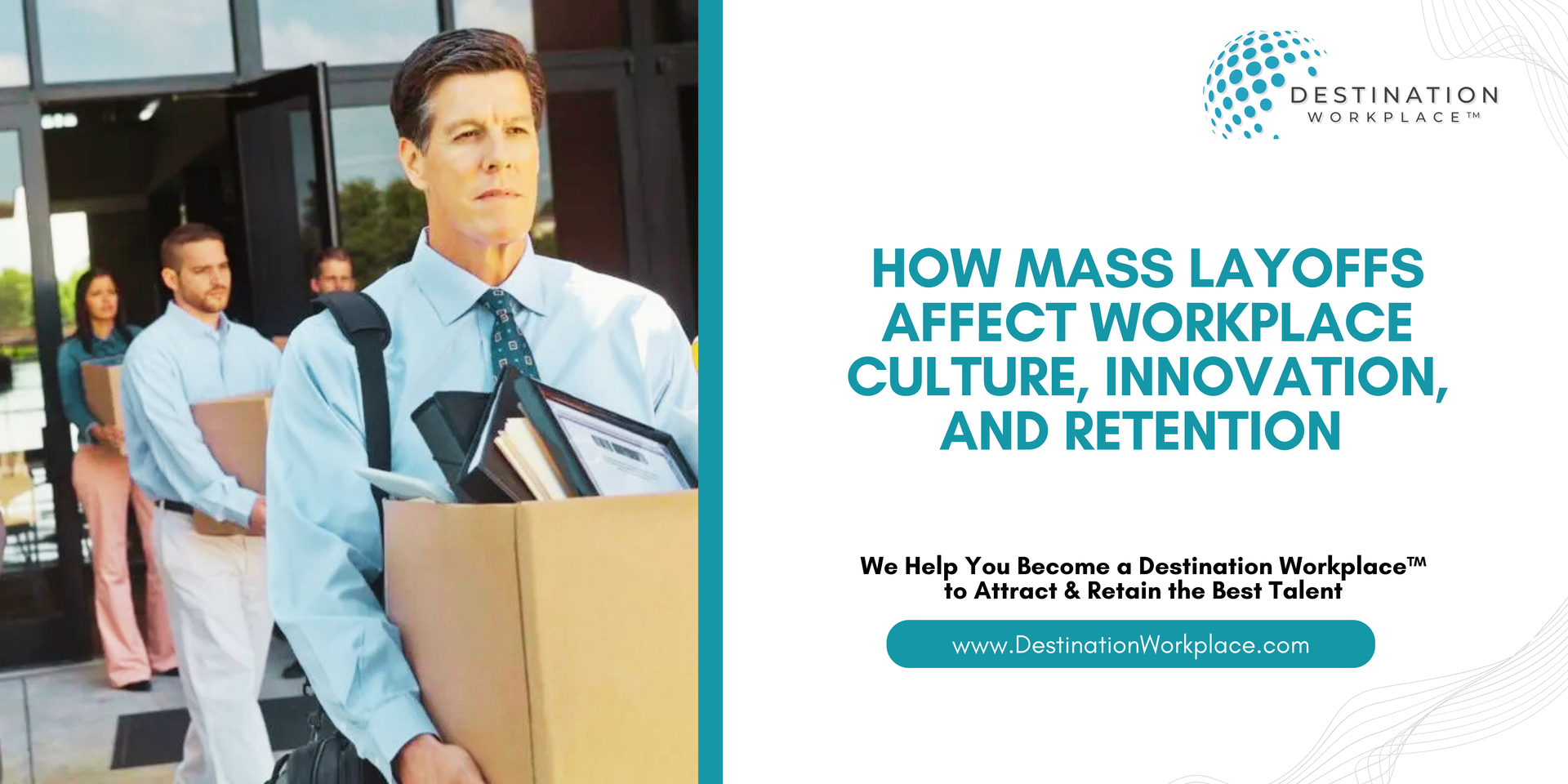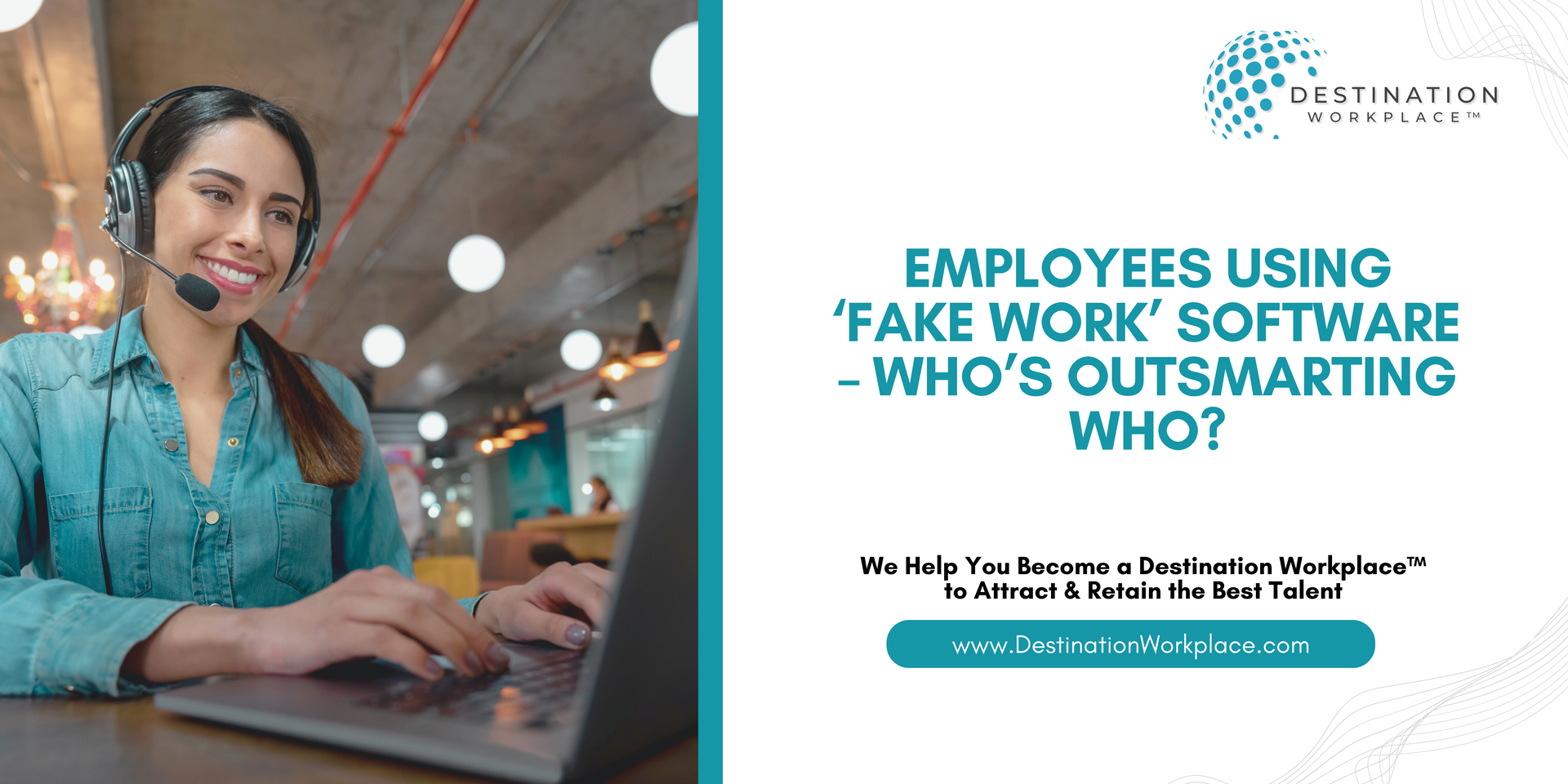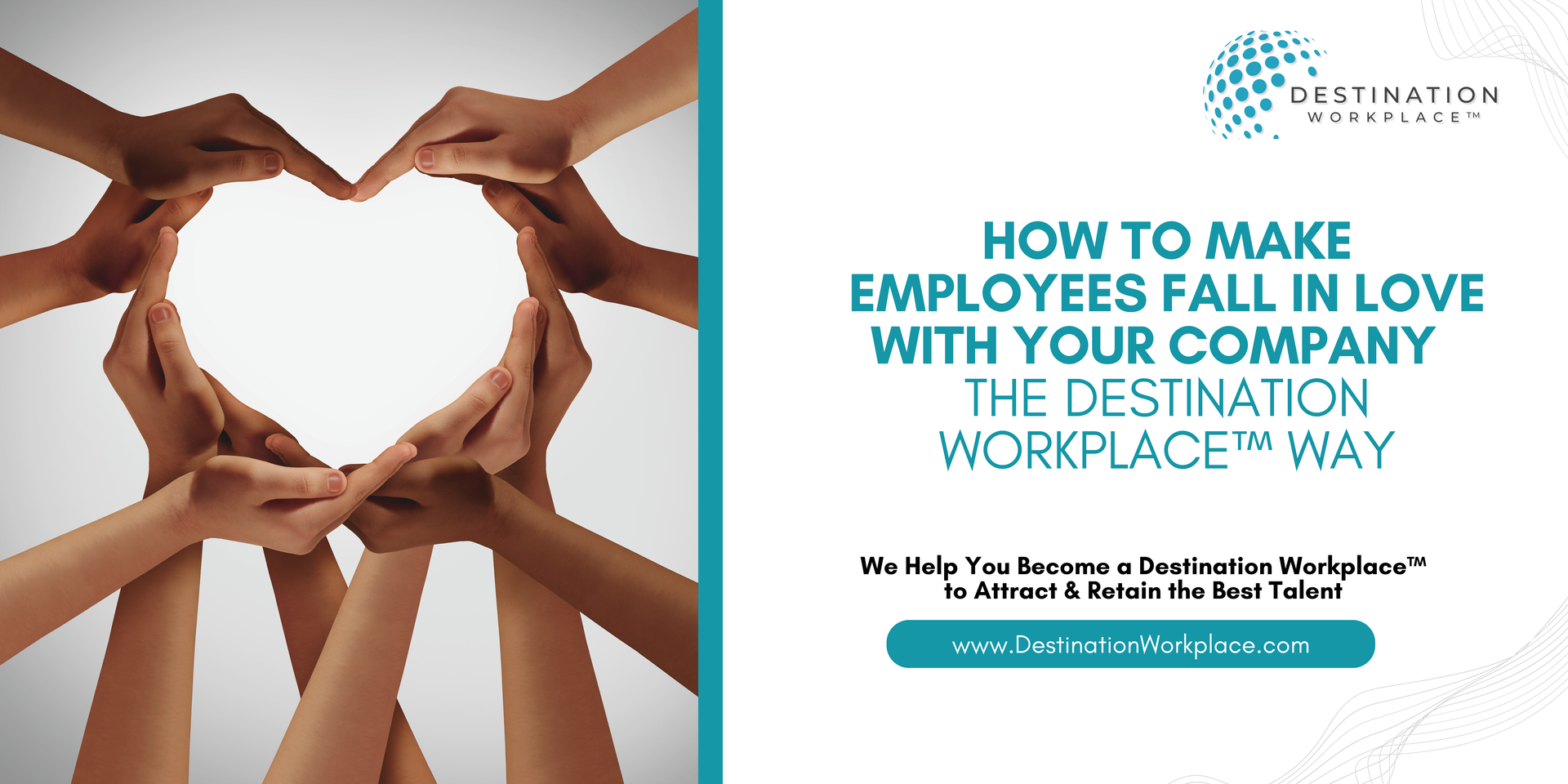Discover 6 Positive Effects AI Is Having On Workforce Development
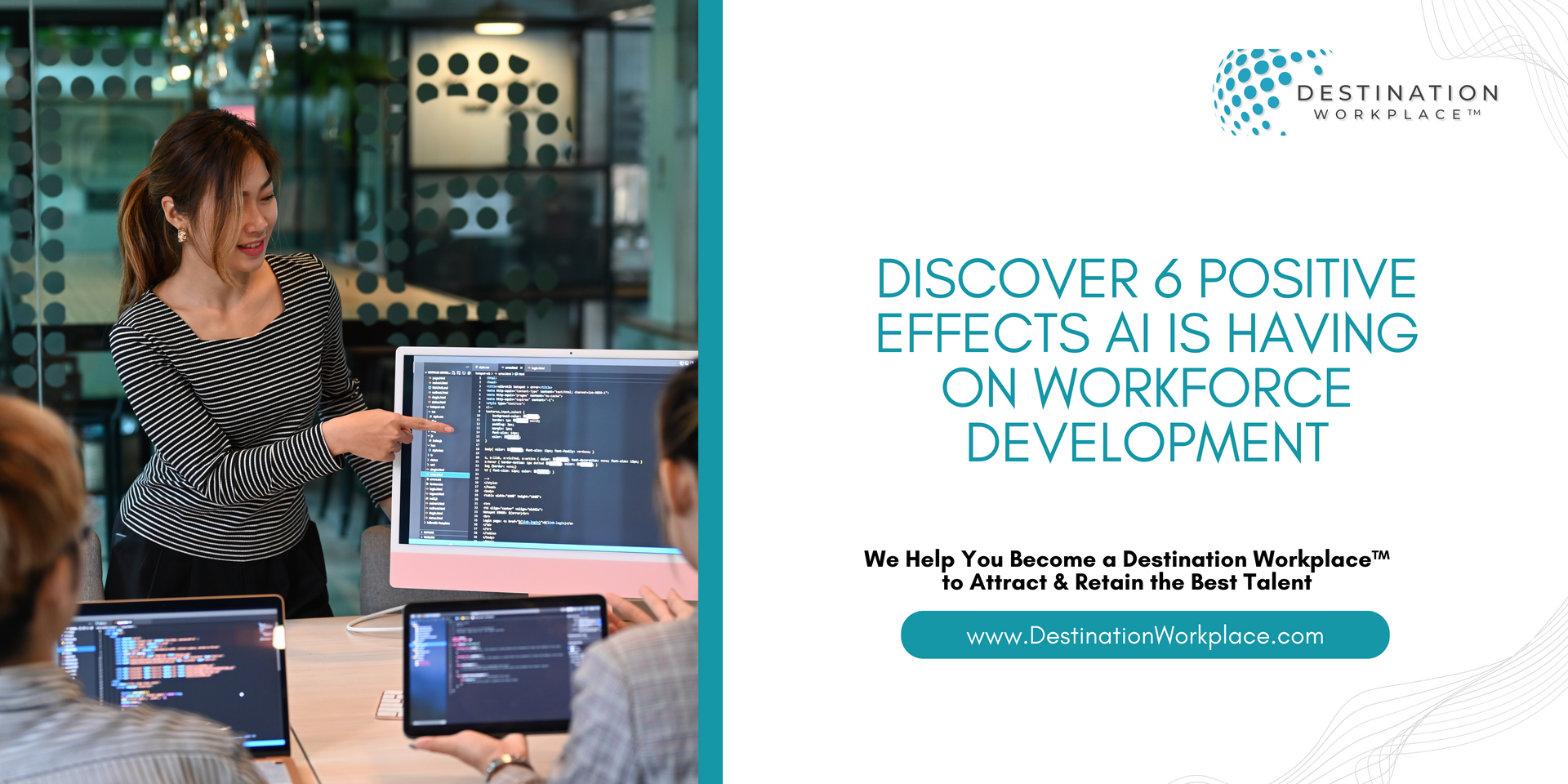
Artificial Intelligence (AI) has rapidly grown in popularity and importance in recent years, revolutionizing various industries and changing the way we work. One area where the impact of AI is particularly significant is in workforce development. From streamlining recruitment processes to upskilling employees, AI has the potential to transform the way companies train and nurture their workforce. In this article, we will explore five key ways in which AI is influencing workforce development.
1. Recruitment and Hiring
One of the most obvious ways in which AI is impacting workforce development is through recruitment and hiring processes. AI-powered tools can help companies sift through resumes, identify top candidates, and even conduct initial interviews. This not only saves time and resources for HR departments but also ensures a more efficient and unbiased recruitment.
2. Training and Upskilling
AI-powered platforms can deliver personalized training programs based on individual employee needs, allowing them to acquire new skills and knowledge at their own pace. Employees can engage in self-directed learning activities that align with their career goals and interests. This empowers employees to take ownership of their professional development and also helps organizations build a more skilled and adaptable workforce. This not only benefits employees by helping them stay relevant in an ever-changing job market but also boosts productivity and innovation within organizations.
3. Performance Management
By analyzing data from various sources, such as employee feedback, project outcomes, and customer satisfaction ratings, AI algorithms can provide valuable insights into employee performance. This allows managers to identify areas for improvement, offer targeted coaching, and ultimately enhance overall team performance.
4. Employee Engagement
Maintaining high levels of employee engagement is essential for a productive workforce. AI-powered tools can help companies track employee sentiment, analyze factors that contribute to engagement levels, and provide actionable insights for improving workplace culture. By leveraging AI in this way, companies can create a more positive work environment that fosters creativity, collaboration, and employee satisfaction.
5. Predictive Analytics
One of the most powerful influences of AI on workforce development is its ability to predict future trends and challenges within the labor market. By analyzing data from various sources, such as industry reports, economic indicators, and social media trends, AI algorithms can forecast changes in job demand, skill requirements, and talent availability. This allows companies to proactively address potential gaps in their workforce planning strategies.
6. Automation of Routine Tasks
AI technologies such as chatbots and virtual assistants are revolutionizing the way businesses operate by automating routine tasks. This automation frees up employees' time to focus on more strategic and high-value activities, ultimately leading to increased productivity and efficiency within the workforce. By leveraging AI for task automation, organizations can streamline processes and improve overall performance.
Artificial Intelligence has the potential to significantly impact workforce development. Companies that embrace these strategies are likely to stay ahead of the curve, attract top talent, and retain highly skilled employees. By leveraging the power of AI in workforce development practices, organizations can create a more agile, innovative, and successful workforce that is prepared for the challenges of tomorrow.
Creating a winning company culture takes effort, but it's well worth it, and company culture happens to be our area of expertise. We help you become a
Destination Workplace™ so you can attract and retain the best talent in this hyper-competitive marketplace. Contact us to learn about our
leadership development,
culture development,
corporate wellness programs and more!
The Destination Workplace™ Team
